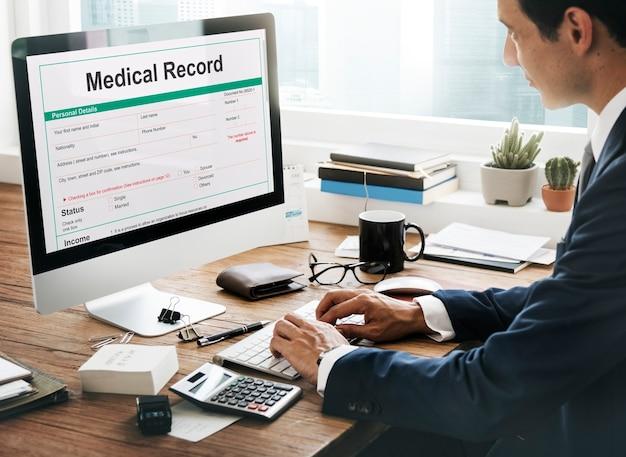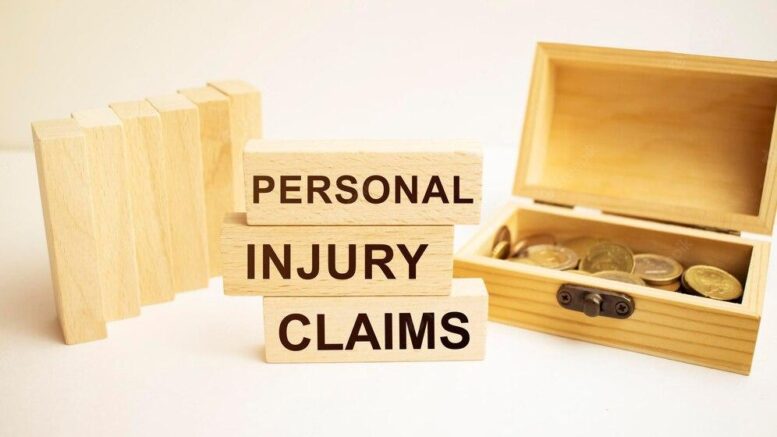In the complex world of personal injury claims, where every detail can make or break a case, medical records’ role is paramount. Imagine them as the storytellers of your pain, narrating the journey from injury to healing in the courtroom. These records, more than just a collection of clinical notes and prescriptions, can be the key to acquiring the compensation you rightfully deserve.
The first step in getting fair compensation is to file a personal injury claim. We’ll discuss the value of having access to the proper medical records in personal injury cases as well as how they could strengthen your legal position.
Filing a Personal Injury Claim
When filing a personal injury claim, the initial step can be daunting. However, it’s akin to planting the seeds for a potential harvest of justice. The claim serves as the groundwork for building a case, and here is where the importance of comprehensive medical records cannot be overstated. Your medical history and treatment details become the bedrock upon which your legal team constructs a compelling narrative, highlighting the impact of the injury on your life.
Recording Recovery
Your medical records are not just a stack of papers or digital files; they are the chroniclers of your pain, resilience, and recovery. They speak the language of your suffering in a way that resonates with judges and insurance adjusters.
The narrative unfolds through the lens of your medical history, capturing the nuances of your struggle and the milestones of your recovery. A well-documented medical trail transforms your claim from a mere legal document into a compelling human story, making it easier for the court to empathize with your plight.
Proof of Injuries
Medical records go beyond words; they’re a testament to your injury’s tangible and intangible costs. Pain levels, limitations in daily activities, emotional distress, and the toll on your overall quality of life are clearly expressed in your medical records. These elements carry weight in the courtroom, helping the judge and jury comprehend the true extent of your suffering.
Your medical records act as a bridge, connecting the medical aspects of your case with the legal intricacies. They serve as translators, ensuring the medical nuances are not lost in the legal jargon. This bridge is critical, especially when linking the defendant’s actions to your injuries. A well-documented medical record can make this connection more straightforward than any legal argument.

Depict What Happened
The more vividly your story is painted, the easier it becomes for all parties involved to understand the impact of the injury. This is where the art of documentation comes into play. Every prescription, every treatment plan, and every medical evaluation adds strokes to the canvas of your case.
Detailed documentation doesn’t just serve the purpose of bolstering your legal claim; it also fosters transparency. In a world where skepticism can cloud judgment, thorough and transparent medical records lend credibility to your narrative. They showcase a commitment to your recovery and provide a comprehensive overview for all parties involved.
Lawyers and Medical Records
Filing a personal injury claim is not a solitary endeavor; it’s a collaborative dance between you, your lawyer, and your medical records. Your lawyer relies on the thoroughness of these records to build a compelling case. As the victim, you play a pivotal role in this collaboration by ensuring that your medical history is accurately and comprehensively documented.
Your legal team will leverage these records to establish liability, quantify damages, and negotiate a fair settlement. In the courtroom, the dance continues as your attorney uses the medical records to sway opinions, painting a vivid picture of your journey and the impact of the injury on your life.
Conclusion
In the end, having appropriate documentation is one of the most critical elements of a successful personal injury claim. This may involve medical records, accident reports, or other paperwork. That’s why if you are ever involved in an accident, it is imperative to consider seeking legal advice and begin collecting any documents related to the incident from the very beginning. Witnesses’ accounts can also be instrumental in strengthening your case.
If you or a loved one has been injured in an accident, take action today and seek legal assistance.
